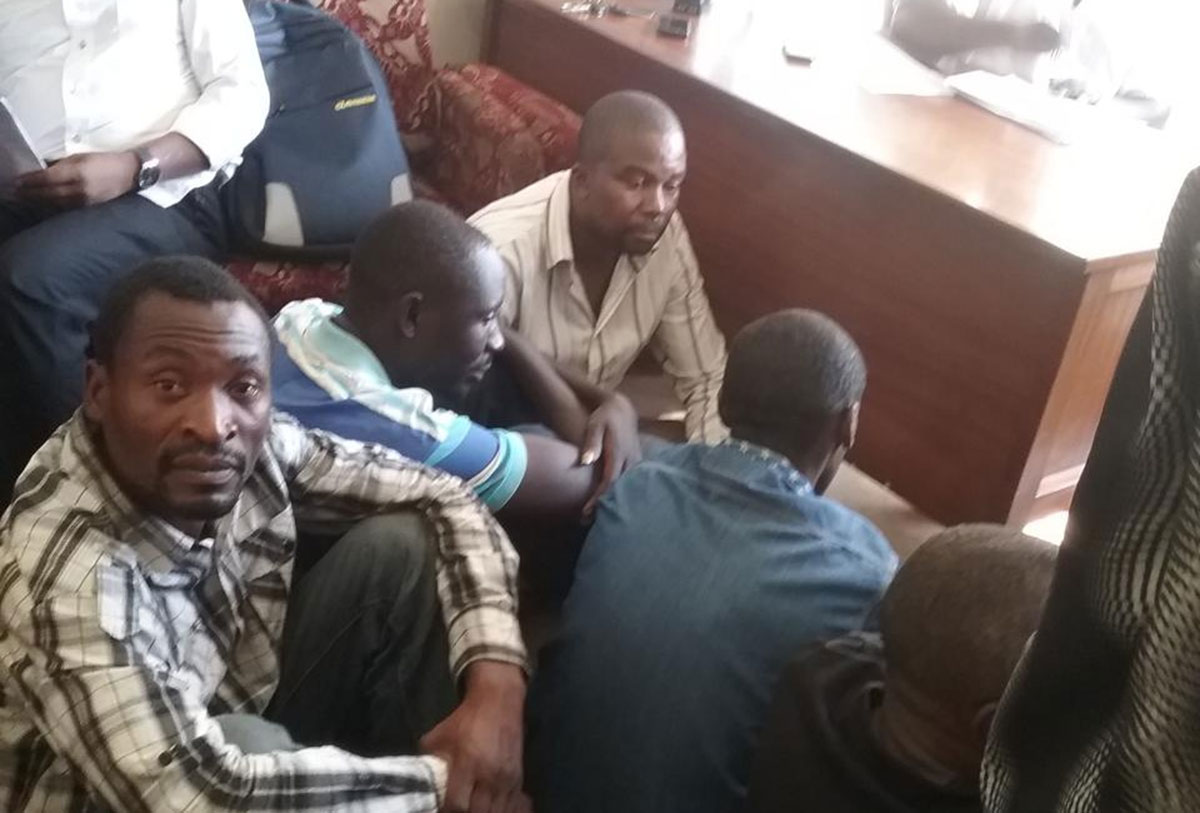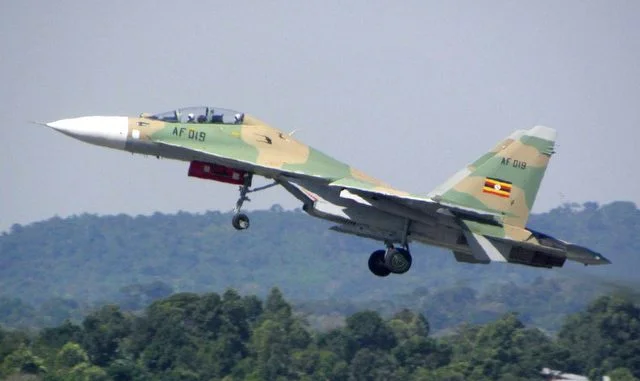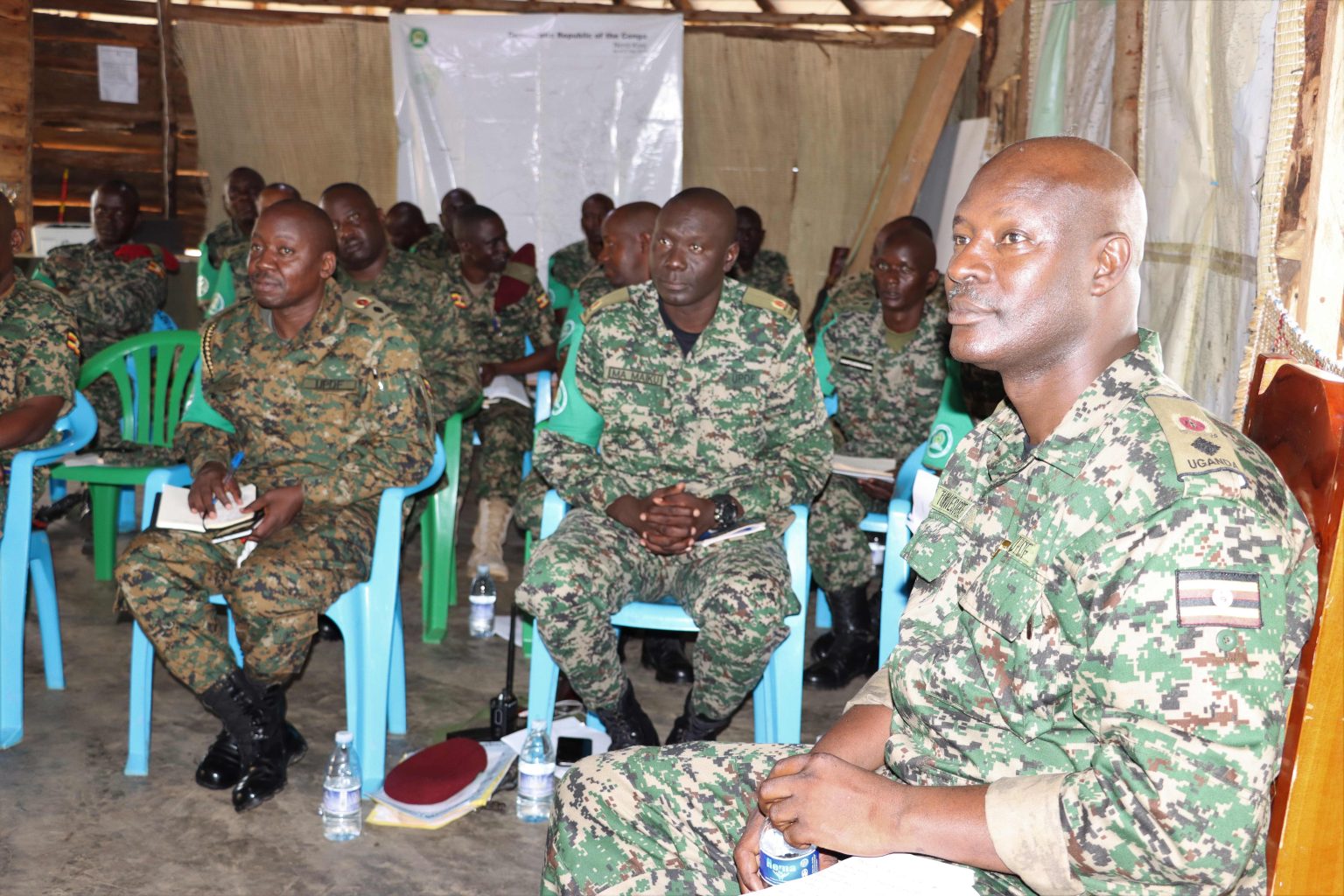The Uganda People’s Defence Forces (UPDF) has increased surveillance along the border with the Democratic Republic of Congo (DRC) due to ongoing conflicts. As armed groups clash with Congo’s forces in eastern DRC, thousands of refugees are fleeing into Uganda, raising security concerns for border communities and the region.
A UPDF press statement has called for “vigilance to deter cross-border insecurity,” highlighting that “as fighting continues, thousands of refugees have crossed through porous borders into Uganda.”
A recent situation report from July 4th details the influx of refugees into southwestern Uganda through various routes such as Bunagana and Nteko in Kisoro, Kyeshero and Ishasha in Kanungu, and other smaller, unofficial paths. In the last 72 hours alone, over 2,000 Congolese have arrived from areas including Katwiguru, Kiwanza, Binza, Kiseguro, Kiringa, Masisi, Bwenza, Wwalungu, and Rutchuru.
Major Kiconco Tabaro, the UPDF 2nd Infantry Division Public Information Officer, noted that while the security situation on the Ugandan side remains calm, there is a need for heightened vigilance. “We urge community leaders and civilians at the borders to remain vigilant. Negative elements like the ADF, which have tried to re-enter Uganda after their camps were destroyed in East DRC, may exploit this situation,” he said.
The UPDF is collaborating with District Security Committees to mobilize border communities and ensure thorough verification of fleeing Congolese civilians to prevent infiltration by hostile elements. Surveillance has been stepped up along the Kisoro-Kanungu border areas.
Among the recent refugees are 98 armed Congolese police officers who were received at the Ishasha border post. “These officers are being handled according to international law guidelines,” Tabaro stated. The Office of the Prime Minister is coordinating with all stakeholders to ensure that Congolese civilians fleeing insecurity are treated in compliance with international law.
Currently, refugees are sheltered at two transit centers, Nyakabande in Kisoro and Matanda in Kanungu. The UPDF warns that this influx complicates the humanitarian situation, posing risks to the elderly, sick, pregnant women, and children who are vulnerable to attacks, hunger, displacement, and cultural loss.
Meanwhile, the M23 rebel group has taken control of a significant town in eastern DRC near the Ugandan border without resistance. According to local sources, the rebels seized Nyamilima on the last day of a “humanitarian truce” announced by the United States on July 5th. Resident Harerimana Jacques told Agence France-Presse (AFP) that the population initially feared clashes but welcomed the M23 rebels when the pro-government militias, known as Wazalendo, withdrew.
The M23 arrived in Nyamilima equipped with jeeps, an armored vehicle, and sophisticated weapons, taking over a former Congolese army position without fighting, as confirmed by local official Cesar Ndisanze.
Eastern DRC, rich in minerals, has been plagued by conflict involving local and foreign armed groups for 30 years, dating back to the regional wars of the 1990s.




















